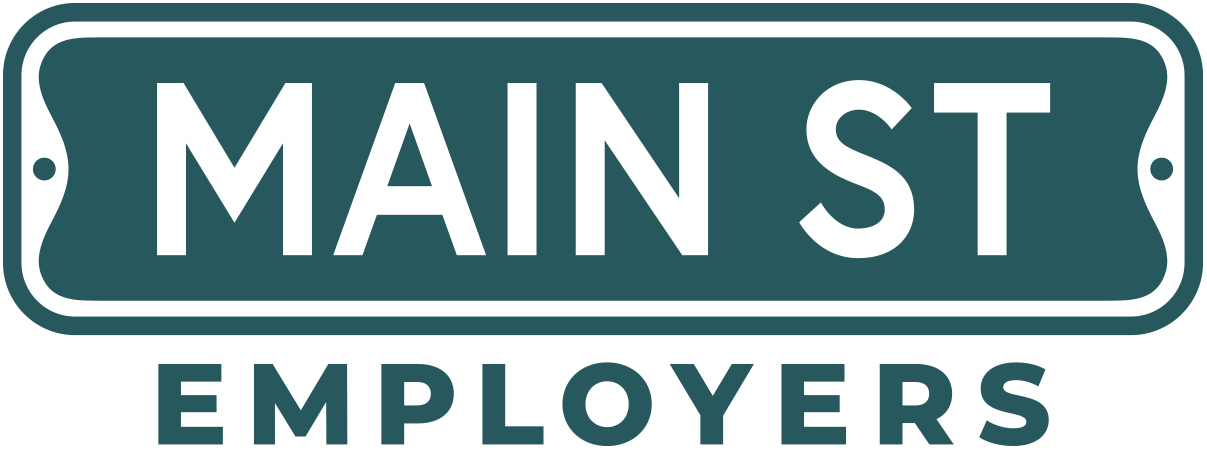The Main Street Employers Coalition joined with over 40 national organizations in support of H.R.…
PMSE Releases New Legal Anaylsis Supporting SALT Parity for Pass-Through Businesses
Analysis Paves Way for Other States to Act
The Parity for Main Street Employers coalition of national trade groups today released a new analysis by the Wisconsin-based law firm Meissner Tierney Fisher & Nichols highlighting the legal basis for state efforts to preserve the federal deduction for state and local taxes (SALT) for employers organized as pass-throughs.
To date, two states (Wisconsin and Connecticut) have adopted new laws that would effectively restore the federal deduction for SALT paid by businesses organized as S corporations and partnerships, while two other states (Arkansas and Oklahoma) are actively considering similar bills.
Recent news stories have cast doubt on these efforts by raising the specter of possible action by the IRS to invalidate the new laws. At issue is whether taxes paid by pass-through entities are subject to the new $10,000 deduction cap that applies to individual taxpayers.
The analysis released today addresses these concerns by making a strong legal case for the deductibility of the new entity-level tax enacted in Wisconsin. It summarizes:
State income taxes paid by S corporations and partnerships, limited liability companies and other entities… should not be subject to the new $10,000 state tax deduction limitation under section 164(b)(6) of the Internal Revenue Code…. The Internal Revenue Service (the “Service”) has consistently held that income and other taxes imposed upon and paid by pass-through entities are simply subtracted in calculating nonseparately computed income at the entity level, and are not separately passed through or incorporated into the various provisions and calculations applicable to itemized deductions at the individual level, such as the standard deduction, alternative minimum tax and the Pease reduction. In discussing the final provisions of the Tax Cuts and Jobs Act, the Conference Committee Report explicitly reiterated and relied upon this principle in describing the scope of new section 164(b)(6) of the Code.
While the analysis focuses on the new Wisconsin law, its findings are relevant to Connecticut and other states considering similar legislation.
